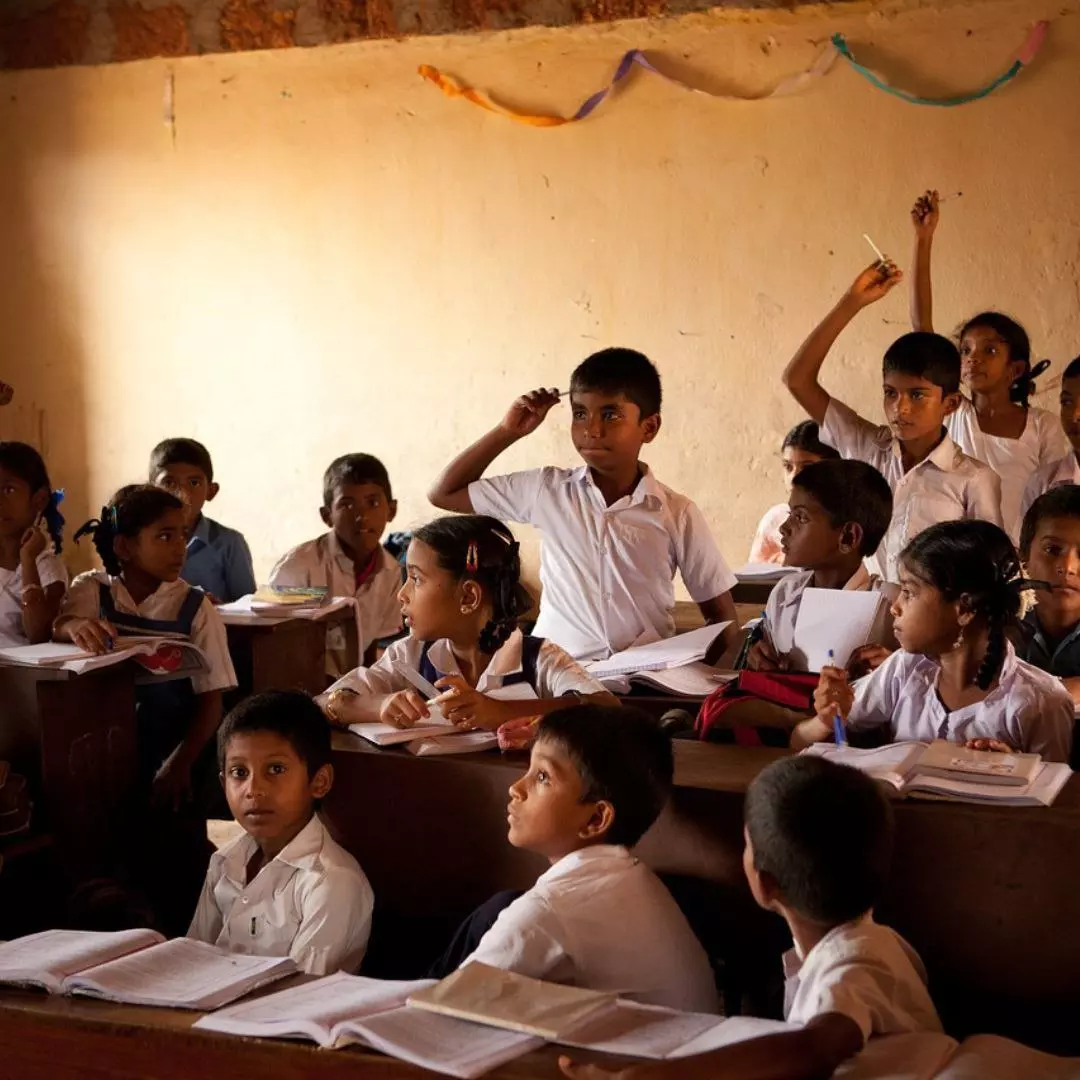Homeschooling and other non-traditional educational approaches are all scheduled to be recognised as official modes of teaching. The University Grants Commission (UGC) proposed significant changes to India’s school education system in the final edition of the National Credit Framework (NCrF) report, involving various exit and entry options for students and a credit structure.
Many students who chose to attend homeschooling following the pandemic may find this to be a relief. Homeschooling is currently unregulated, and the Class 10 and Class 12 board exam certificates are necessary for students to pursue further education.
According to the NCrF, students should get certificates and diplomas for homeschooling, online learning, and alternative learning methods after they have been recognised.
There are instances when students need to drop out of school in the middle of their studies for various reasons and choose alternative education, homeschooling, or online education. Regulators will be expected to specify the entry and departure requirements of the programs they offer now. According to the document, the National Credit Framework will serve as an enabler.
Alternatives At School Level
The broad policy is part of the more significant National Education Policy (NEP) 2020 of the government led by Modi. For students who desire to pursue vocational training or must leave school early for some reason, it aims to introduce a variety of admission and exit alternatives at the school level.
It also strives to establish credits at all levels, which gauge how much time a student has put in and how much homework they have finished. The credit system will take the place of the current coursework evaluation scheme.
The National Institute of Open Schooling, the All India Council for Technical Education (AICTE), NCERT, and the NCVET collaborated to develop the framework.
The NCrF was created in October of last year and made available for public feedback. Its goal is to consolidate evaluation for school education, higher education, and skilling.
The UGC’s notice encouraged schools to enforce the guideline in phases. The document’s publication follows the National Curriculum Framework’s (NCF) recommendation to introduce two board exams and an option to leave school after Class 10 to pursue vocational education.
Also Read: Indian Railways Earmarks Berths For Specially-Abled People In Select Trains
https://thelogicalindian.com/h-upload/2023/04/14/500x300_231095-photo2023-04-1415-52-05.webp
Education
2023-04-14 11:26:50.0
Homeschooling & Multiple Entry-Exit Points For School Students: Reforms In New UGC’s Credit Framework












